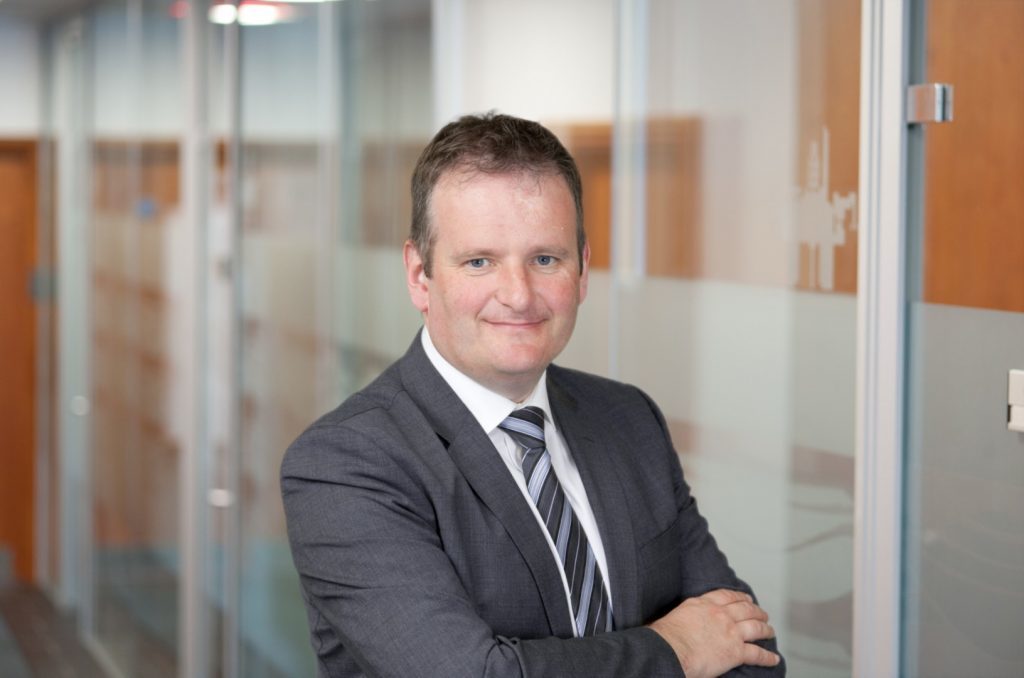
The Chancellor to the Exchequer has delivered hope for late life North Sea assets and the firms who will be tasked with their decommissioning, according to an industry expert.
In the spring budget, Philip Hammond MP revealed plans to consider how tax reforms could ease the sale of mature oil and gas fields.
The group on industry experts are to examine if decommissioning tax relief can be passed on from historical operators to the new owners of mature assets.
EY UK’s head of oil and gas taxation Derek Leith said that today’s announcement was “as expected”.
Mr Leith said: “The fundamental idea is that it is good for the North Sea to have an active market in buying and selling of assets. It been recognised for some time that the large decommissioning liabilities that are attached to some of these assets make deals difficult.
“At the time of the budget last year we got HMRC to issue some clarification on the retention of decommissioning liabilities.
“But we’ve been saying they also need to think about if there is a way the seller could pass the tax history to the buyer to get more of these deals in relation to late life assets.
“What the Treasury did is that over the last three or four months they have done an informal consultation with the oil and gas industry and other parties as to what the problems are.
“It now sounds like they are going to produce a discussion document to look at this.”
He added: “From the Treasury’s perspective it is critical that they don’t do anything that will mean the public have to pay more.
“There has to be neutrality in terms of what the government’s contribution to decommissioning is.”
Mr Leith said it was a natural move for the chancellor given his previous incumbent’s decision to tackle taxation for activity.
He said: “The budget is pretty much as I expected it to be. It’s important to have some context here. WE had a budget that introduced some changes to the North Sea fiscal regime both in 2015 and in 2016.
“So we’ve moved from a 62% corporate tax rate to a 40% rate and we’ve introduced investment allowance which mitigates the supplementary charge.
“So in some cases companies investing in capital projects they should have an effective tax rate that is more at 30% than 40%. That is a very significant decrease in the level of taxation recognising that the UK has got to compete globally for capital.
“If you look at what is happening in the US with unconventional and now with the new president, who is quite pro-oil and gas – there are going to be opportunities to invest in the US. There is a tendency for North American investors to do just that. So the UK has to be competitive – that’s critical.”
Recommended for you
